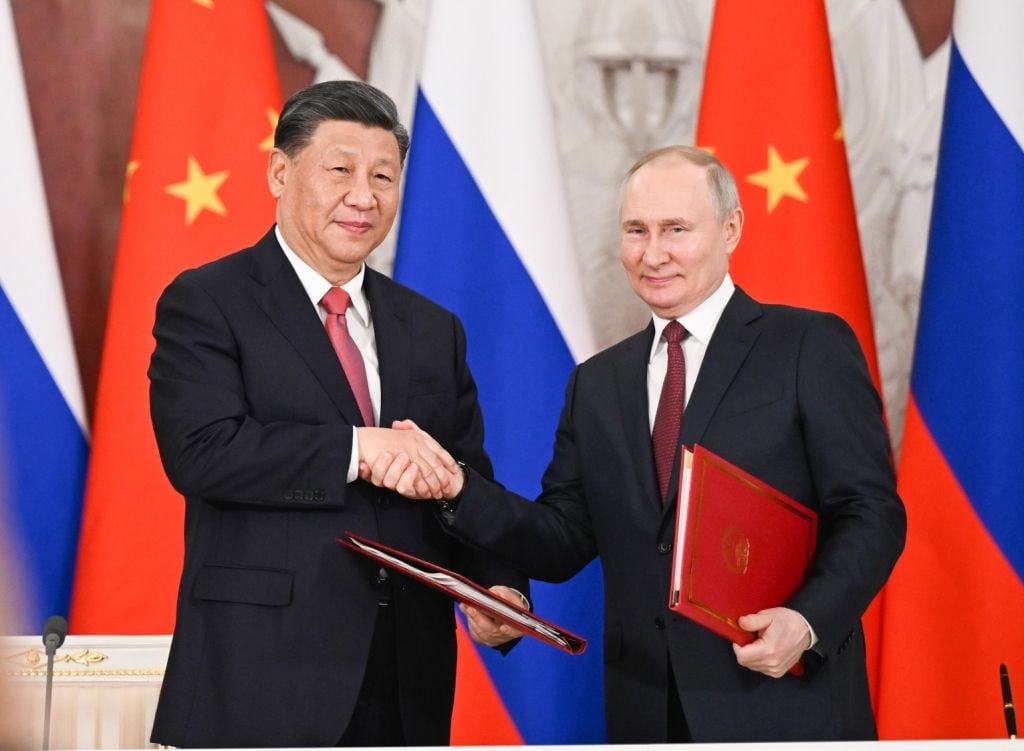The true intentions of China’s proposed Ukraine peace deal
For two days from March 22, 2023, Chinese President Xi Jinping visited Moscow and held a summit meeting with Russian President V. Putin.
Prior to that, at the National People’s Congress (the first meeting of the 12th National People’s Congress) from 5 to 17 of the same month, the appointment of a third term as president, which is unusual, was approved. Russia was chosen as the first foreign destination of his new term.
Xi Jinping also visited Russia shortly after being elected president for the first time in March 2013. It was probably a choice he made after weighing the implications of Russia for China in his own way.
After meeting with Putin, they seemed to have strengthened their sense of personal intimacy to the extent that they said, “We have similar personalities.”(1)
In March 2018, when the second presidential term set sail, Putin did not become the first to meet, partly because the official inauguration of the president after Putin’s re-election took place in May of the same year. is visiting China.
In 2013, there were close to 40 direct meetings between the two, both official and informal, and the ties between the two countries have strengthened in proportion to the deepening of the conflict between the two countries and the United States.
Xi Jinping may not have had an anti-American stance from the beginning when he assumed the top position in China.
However, Russia, which is far inferior to the United States in terms of economic power, does not back down after being on an almost equal footing with the United States in terms of international politics. I should have.
Through working-level exchanges between the two countries up to the present, China seems to have learned from Russia how to construct theories (sovereign democracy and multipolarization) in both domestic and foreign affairs in order to compete with the United States.
The conflict between the United States and China began to emerge gradually around 2015, and economic tensions arose under the D. Trump administration.
And from the arrival of the J. Biden administration in 2021, the United States’ sense of caution toward China will accelerate, especially over the Taiwan-South China Sea issue.
As a result, China has come to be named the greatest enemy(2) of the United States.
In response, China’s criticism of the unipolar dominance of the United States is an idea that Putin has expressed on many occasions since 2007.
On February 20, prior to the National People’s Congress, China’s Ministry of Foreign Affairs posted a direct criticism of the United States on its website (3).
There is a sense that it was a culmination of the content that had been verbally stated by top Chinese diplomats and written up by media outlets such as the Global Times.
While tracing history, he has repeatedly described how the United States has maintained an arbitrary and aggressive stance in politics, military affairs, economics, technology, and information warfare.


